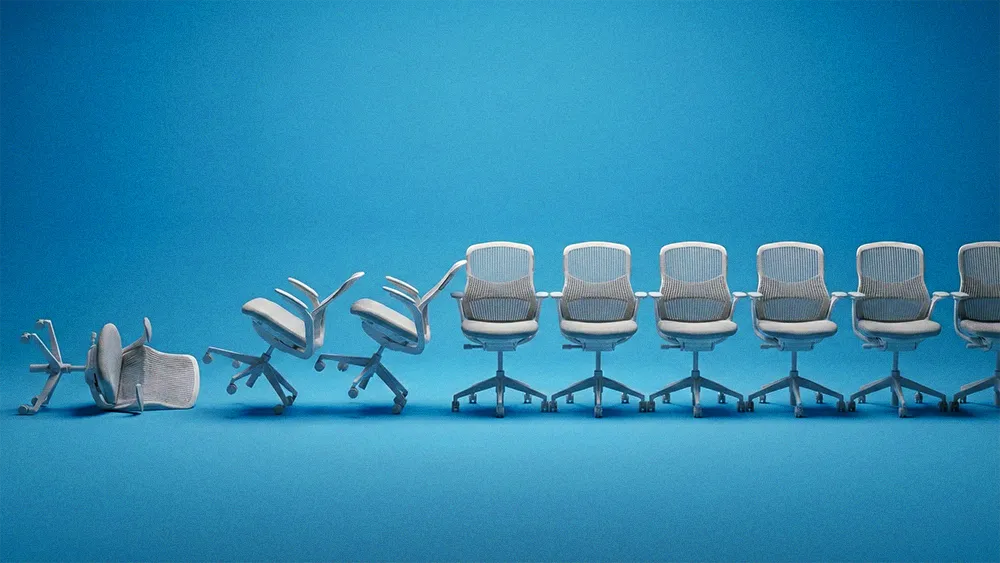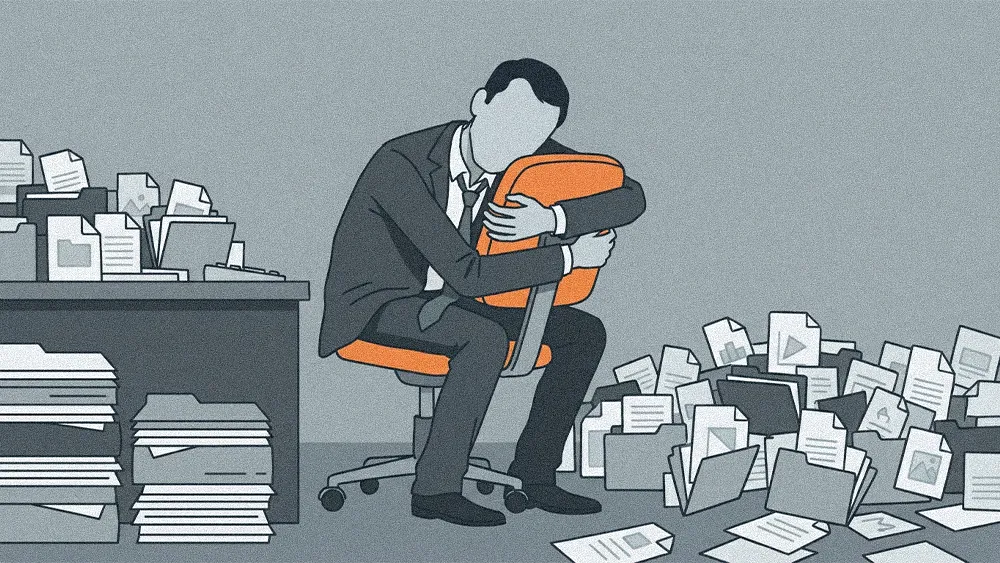Companies Rethink the Value of Being Seen as Remote Work Redefines Visibility
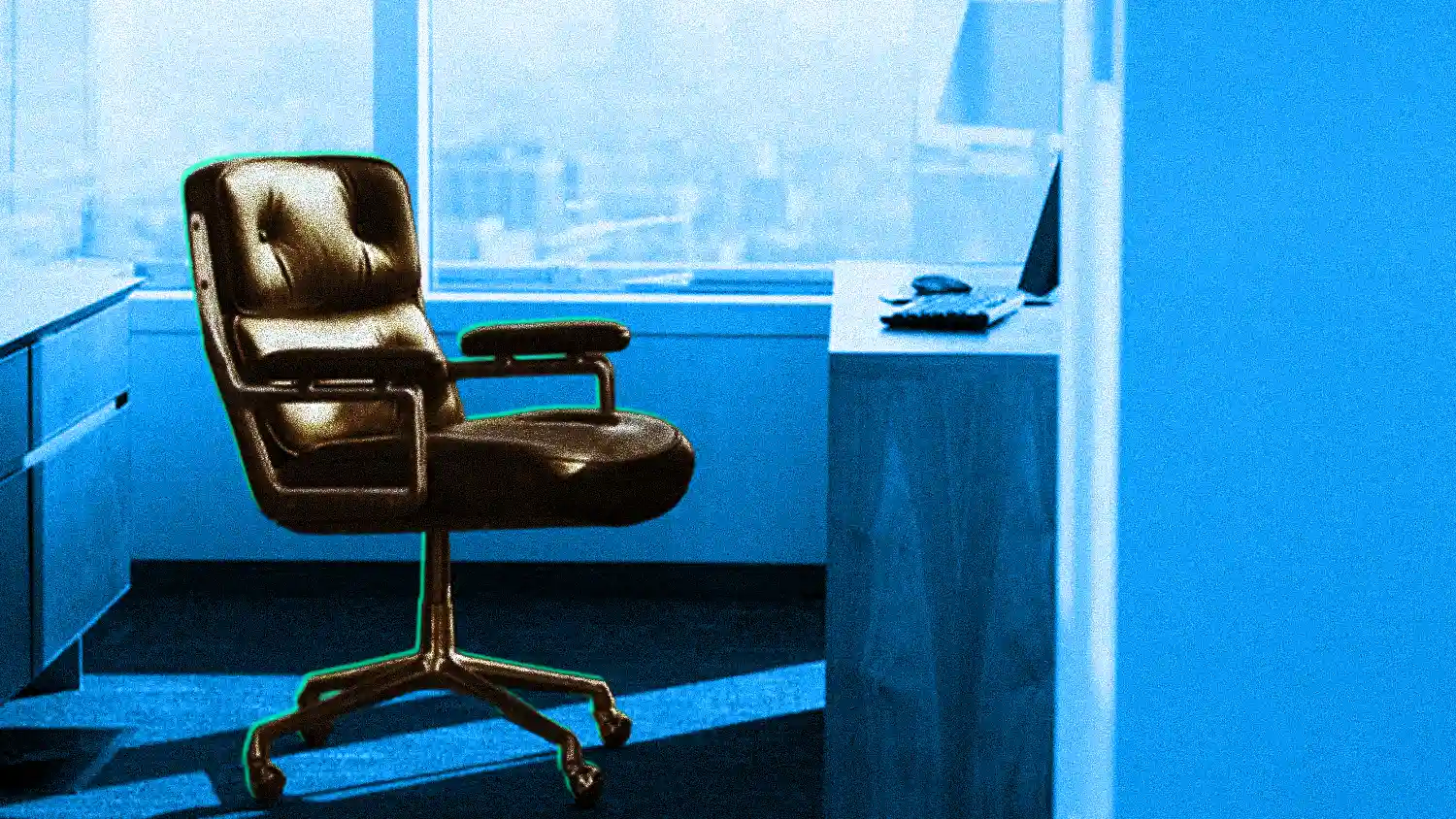
Key Points
Many companies still equate visibility with value, creating workplaces where showing up matters more than making an impact.
Irina Doytcheva, Founder of Simplicity Career Coaching, explains that real performance comes from alignment, trust, and leaders who recognize contribution over presence.
She calls for a culture of permission, where employees bring their full energy to work and leaders create space for authenticity, focus, and meaningful results.
I’ve seen both sides of the problem. Some people show up for coffee chat after coffee chat and meeting after meeting, and by three o’clock they’re drained but haven’t moved anything forward. Others stay out of sight, working remotely and delivering real results, yet go unnoticed because they aren’t physically seen. Presence is not about being in the room. It is about the energy and impact you bring to the work.
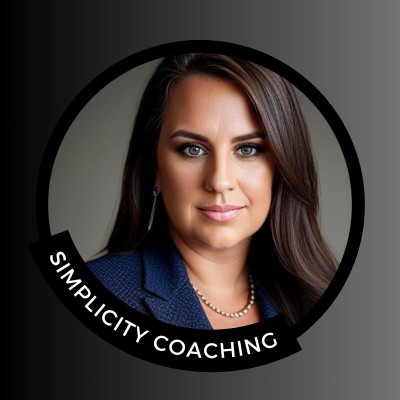
Irina Doytcheva
Founder
Simplicity Career Coaching
The modern workplace is caught in a tug-of-war between visibility and value. Too many companies still believe that productivity can be measured by how many hours a chair is occupied. Employees are logging long commutes to empty rooms, eager to prove commitment in a system that still rewards being seen over making an impact. The result is a standoff between tradition and reality, and it’s testing how organizations define presence, trust, and impact.
Irina Doytcheva, Founder of Simplicity Career Coaching, has seen the corporate world from both sides of the glass. After years shaping global pay strategies at companies like Walgreens and Medline Industries, she now helps leaders and professionals replace outdated habits with clarity, alignment, and purpose in how they work. Her perspective bridges the gap between what companies expect and what truly drives performance, challenging the idea that visibility is something you prove rather than something you create.
“I’ve seen both sides of the problem. Some people show up for coffee chat after coffee chat and meeting after meeting, and by three o’clock they’re drained but haven’t moved anything forward. Others stay out of sight, working remotely and delivering real results, yet go unnoticed because they aren’t physically seen. Presence is not about being in the room. It is about the energy and impact you bring to the work,” Doytcheva says.
A whiff of confusion: The disconnect between visibility and value often starts at the top. When leaders confuse being seen with being effective, they create teams that perform for optics instead of outcomes. “As the old saying goes, the fish smells from its head. If a leader is chasing appearances and projecting confusion, the team mirrors that energy. But when a leader sets the tone with clarity and trust, people stop performing for show and start showing up with purpose.”
Leading the charge: Not every great employee is meant to be a manager, and forcing the fit can do more harm than good. “Some people are brilliant at what they do, but that doesn’t mean they should lead others. When the wrong person ends up in charge, everyone pays for it: the manager, the team, and the work itself,” Doytcheva explains.
That same idea extends beyond management titles. When organizations match people to roles that suit their strengths instead of their resumes, they unlock the kind of alignment that makes work feel natural and effective.
Angelina in the kitchen: True value emerges from a genuine alignment between an individual’s innate personality and the specific demands of their role. Get that alignment wrong, she says, and the result can be frustration and failure for everyone involved. “You can’t take a natural leader and tuck them into an accounting role without crushing their drive and mindset. It’s like putting Angelina Jolie behind the cook station in Gordon Ramsay’s kitchen. Talent in the wrong place becomes frustration, not brilliance, and that is the problem in corporate America today.”
The takeaway is a model of leadership built on advocacy and awareness. The best leaders don’t measure commitment by attendance but by energy, trust, and contribution. By challenging outdated rules and building a culture of open communication, they create teams that show up with purpose, no matter where they are.
Orchestrating presence: “If someone is a social butterfly, take a moment to ask how her baby slept last night. For another who thrives in quiet focus, give them space and check in through a weekly email or shared worksheet. When leaders meet people where they are, everyone shows up more fully, whether it’s on screen or in the same room.”
Give me a minute: Great leadership also means protecting space to think. Doytcheva recalls a company that took inspiration from A Minute to Think and blocked a daily hour with no meetings allowed, a small change that made a big difference. “If you have a lot of thinkers and project managers on your team, give them time to think. If you don’t, they can’t deliver,” she says.
Everything comes back to permission. Employees need to give themselves permission to show up as they are, and leaders need to create cultures that make that authenticity possible. As Doytcheva puts it, “We need to give ourselves permission to be what we are. That permission is what allows real work and real connection to happen.”
If someone is a social butterfly, take a moment to ask how her baby slept last night. For another who thrives in quiet focus, give them space and check in through a weekly email or shared worksheet. When leaders meet people where they are, everyone shows up more fully, whether it’s on screen or in the same room.

Irina Doytcheva
Founder
Simplicity Career Coaching
If someone is a social butterfly, take a moment to ask how her baby slept last night. For another who thrives in quiet focus, give them space and check in through a weekly email or shared worksheet. When leaders meet people where they are, everyone shows up more fully, whether it’s on screen or in the same room.

Irina Doytcheva
Founder
Simplicity Career Coaching
Related articles
TL;DR
Many companies still equate visibility with value, creating workplaces where showing up matters more than making an impact.
Irina Doytcheva, Founder of Simplicity Career Coaching, explains that real performance comes from alignment, trust, and leaders who recognize contribution over presence.
She calls for a culture of permission, where employees bring their full energy to work and leaders create space for authenticity, focus, and meaningful results.
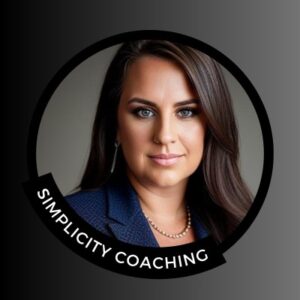
Irina Doytcheva
Simplicity Career Coaching
Founder

Founder
The modern workplace is caught in a tug-of-war between visibility and value. Too many companies still believe that productivity can be measured by how many hours a chair is occupied. Employees are logging long commutes to empty rooms, eager to prove commitment in a system that still rewards being seen over making an impact. The result is a standoff between tradition and reality, and it’s testing how organizations define presence, trust, and impact.
Irina Doytcheva, Founder of Simplicity Career Coaching, has seen the corporate world from both sides of the glass. After years shaping global pay strategies at companies like Walgreens and Medline Industries, she now helps leaders and professionals replace outdated habits with clarity, alignment, and purpose in how they work. Her perspective bridges the gap between what companies expect and what truly drives performance, challenging the idea that visibility is something you prove rather than something you create.
“I’ve seen both sides of the problem. Some people show up for coffee chat after coffee chat and meeting after meeting, and by three o’clock they’re drained but haven’t moved anything forward. Others stay out of sight, working remotely and delivering real results, yet go unnoticed because they aren’t physically seen. Presence is not about being in the room. It is about the energy and impact you bring to the work,” Doytcheva says.
A whiff of confusion: The disconnect between visibility and value often starts at the top. When leaders confuse being seen with being effective, they create teams that perform for optics instead of outcomes. “As the old saying goes, the fish smells from its head. If a leader is chasing appearances and projecting confusion, the team mirrors that energy. But when a leader sets the tone with clarity and trust, people stop performing for show and start showing up with purpose.”
Leading the charge: Not every great employee is meant to be a manager, and forcing the fit can do more harm than good. “Some people are brilliant at what they do, but that doesn’t mean they should lead others. When the wrong person ends up in charge, everyone pays for it: the manager, the team, and the work itself,” Doytcheva explains.

Irina Doytcheva
Simplicity Career Coaching
Founder

Founder
That same idea extends beyond management titles. When organizations match people to roles that suit their strengths instead of their resumes, they unlock the kind of alignment that makes work feel natural and effective.
Angelina in the kitchen: True value emerges from a genuine alignment between an individual’s innate personality and the specific demands of their role. Get that alignment wrong, she says, and the result can be frustration and failure for everyone involved. “You can’t take a natural leader and tuck them into an accounting role without crushing their drive and mindset. It’s like putting Angelina Jolie behind the cook station in Gordon Ramsay’s kitchen. Talent in the wrong place becomes frustration, not brilliance, and that is the problem in corporate America today.”
The takeaway is a model of leadership built on advocacy and awareness. The best leaders don’t measure commitment by attendance but by energy, trust, and contribution. By challenging outdated rules and building a culture of open communication, they create teams that show up with purpose, no matter where they are.
Orchestrating presence: “If someone is a social butterfly, take a moment to ask how her baby slept last night. For another who thrives in quiet focus, give them space and check in through a weekly email or shared worksheet. When leaders meet people where they are, everyone shows up more fully, whether it’s on screen or in the same room.”
Give me a minute: Great leadership also means protecting space to think. Doytcheva recalls a company that took inspiration from A Minute to Think and blocked a daily hour with no meetings allowed, a small change that made a big difference. “If you have a lot of thinkers and project managers on your team, give them time to think. If you don’t, they can’t deliver,” she says.
Everything comes back to permission. Employees need to give themselves permission to show up as they are, and leaders need to create cultures that make that authenticity possible. As Doytcheva puts it, “We need to give ourselves permission to be what we are. That permission is what allows real work and real connection to happen.”


